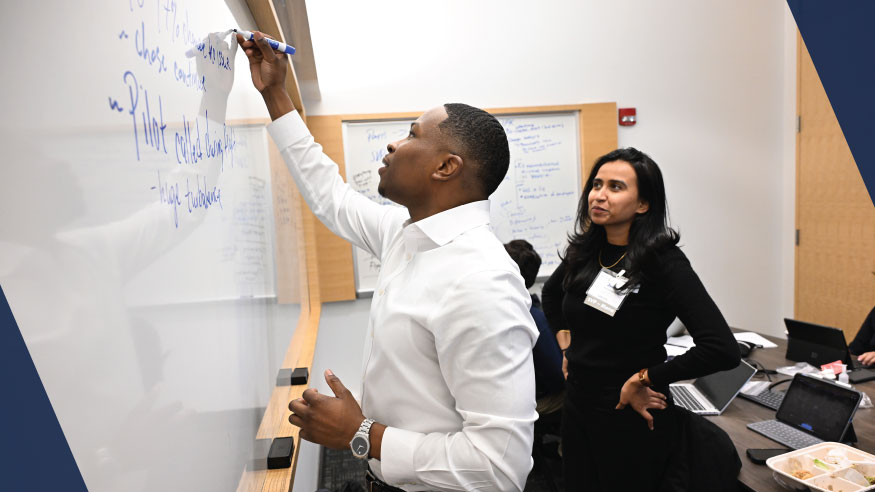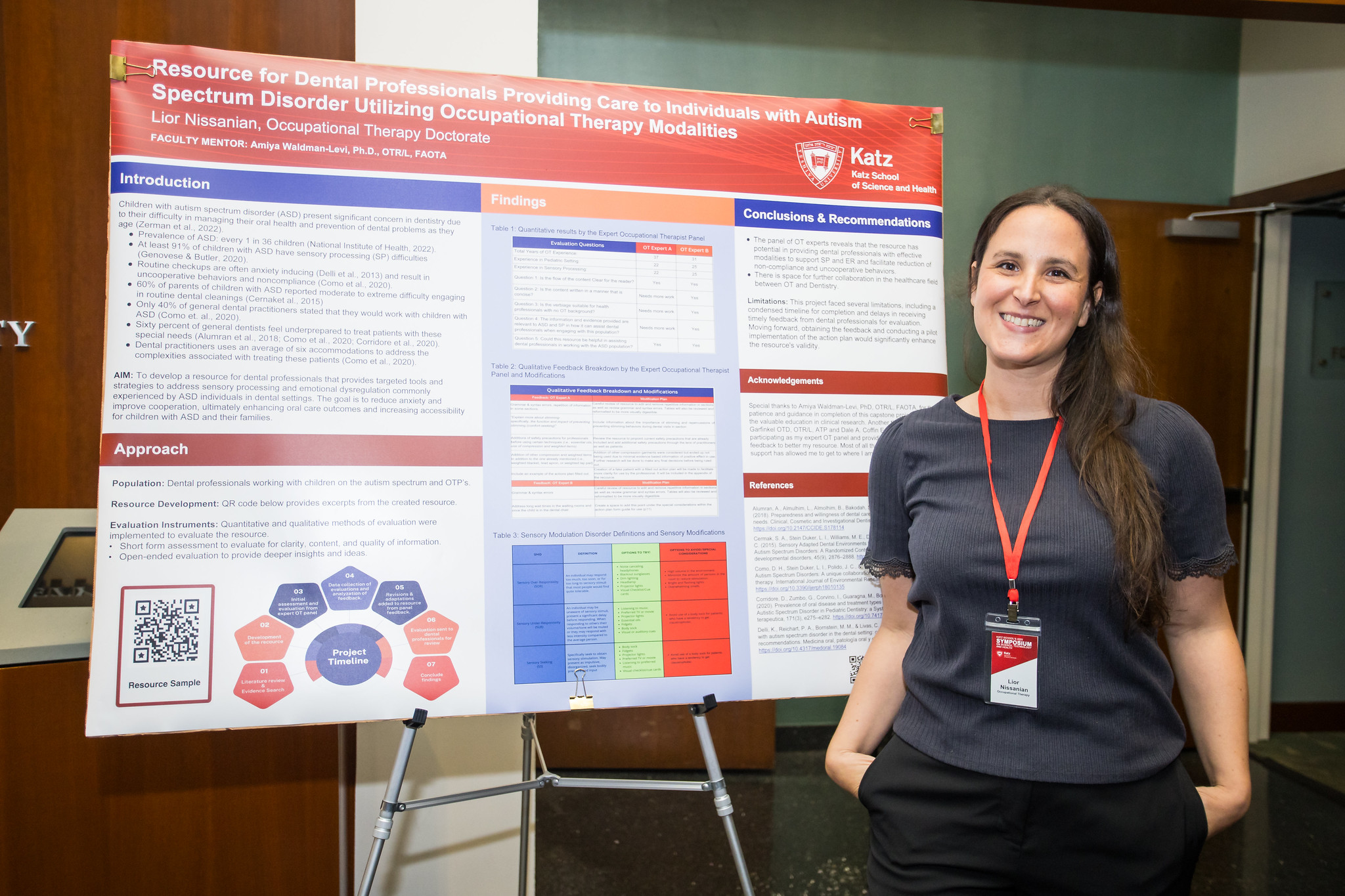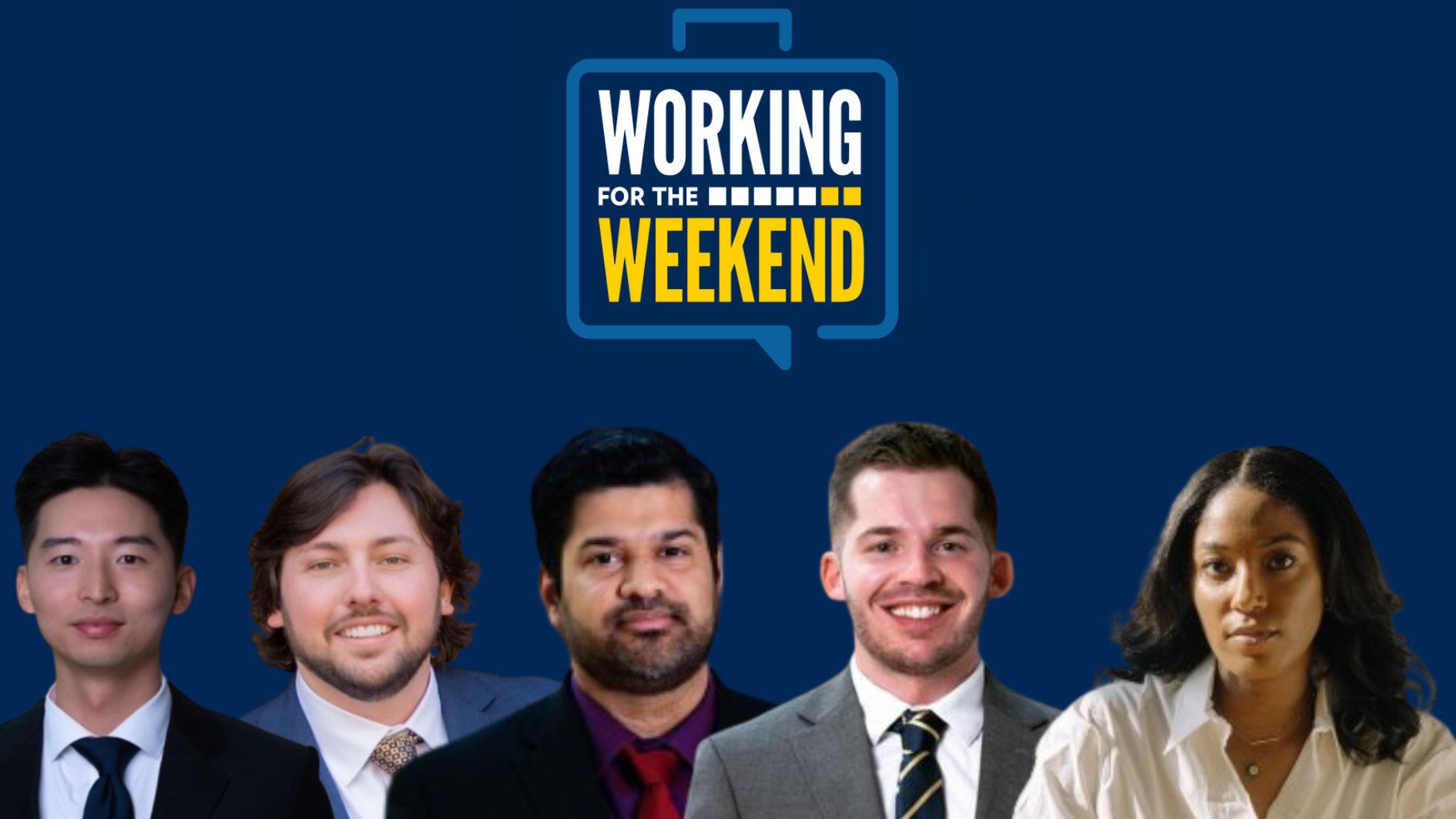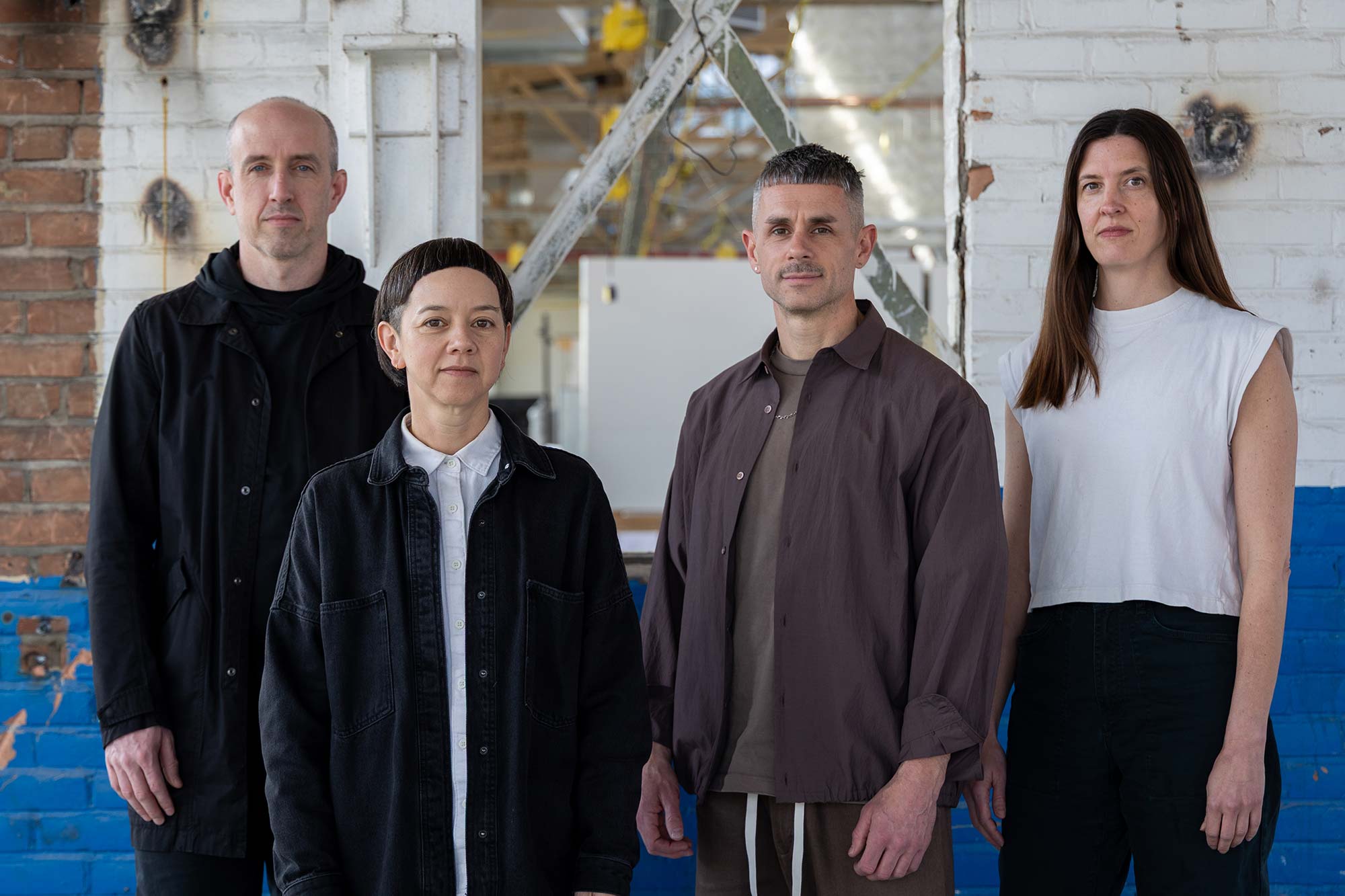Colleges are racing to create AI courses in order to keep up with widespread job market demands
A global survey of more than 1,000 large businesses showed 41 percent expect to reduce their workforces within five years because of AI. But most companies — 77 percent — also plan to train their employees to “better work alongside AI,” according to the World Economic Forum’s January Future of Jobs report. Last year, the number of online job postings that included generative AI as a desired skill grew 323 percent, from fewer than 16,000 to more than 66,000, according to a report from the labor analytics company Lightcast.
Colleges are also motivated by these trends: They’re adding AI to their course catalogs, and individual professors are altering lessons to include AI skill building.
Miami Dade College, for example, debuted its artificial intelligence certificate program in 2023just over a month after ChatGPT was unveiled. The program offers classes in machine learning, ethics and natural language programming, among other courses. Since rolling out the certificate program, the school has added associate and bachelor’s degree programs in applied AI.
“We started developing this idea around the application of AI — how you can apply AI, how can you learn AI at a community college — where it is open to everyone, not just to a few who can get a master’s or Ph.D.,” said Antonio Delgado, vice president of innovation and technology partnerships at Miami Dade College.
In 2022, the college also created Miami Tech Works, an organization that helps tech companies find skilled workers. Recently, more businesses outside of tech have reached out to hire people who know how to use AI.
“We didn’t know there would be so many employers talking about AI and talking about implementing AI,” said Terri-Ann Brown, director of Miami Tech Works.
Brown said the owner of a high-end hotel in South Florida told her that a year ago, the hotel’s executives were worried about AI taking their jobs. Now, each department at the hotel has been charged with researching AI tools and reporting ways they can use them. For example, one department created an online chatbot to recommend restaurants to hotel guests.
Miami Dade College’s programs have attracted students like Vicky Cheung, who decided to enroll in the college’s artificial intelligence awareness certificate program in 2024, after she was let go from the Miami hospital where she had worked for more than two decades.
Cheung, who already had a bachelor’s in business and a master’s in health management, was looking into courses that would give her skills she could add to her resume.
She believes her AI courses, coupled with her years of work experience, helped her land her new job analyzing how to improve processes and workflow at a different hospital.Enrolling in the program showed employers “that I’m trying to find a way to improve my skill sets,” she said.
Schools across the country have announced programs similar to the one at Miami Dade College: courses in artificial intelligence in business settings and minors in AI marketed to students who are not computer science majors. But higher education institutions are not inherently nimble — and the technology is evolving quickly.
Because generative AI is changing so rapidly, there’s no one curriculum or credential schools are using, or can look to, as a guidepost. What these lessons look like and the rules about how students should use AI vary by institution, or even classroom to classroom.
“Institutions are really built to move slowly — there are committees, policies, there’s accreditation. It’s almost in their DNA to not move fast,” said Josh Jones, CEO of QuantHub, a company that works with schools including the University of Alabama and Emory University to add artificial intelligence lessons. “The problem we have is that AI is changing industries so fast that the textbooks, the curriculum — by the time you get it approved, it’s relevant, but it’s outdated.”

There are ethical implications for using generative AI as well — from students using the technology to cheat on assignments to the demand that data centers are putting on the nation’s water supply. Some studies indicate college students who use AI on assignments are less engaged with their lessons and use it to offload critical thinking.
Higher education institutions across the country have issued nearly identical statements acknowledging the risks, but also the need, for students to learn how to use artificial intelligence to prepare for the working world.
The challenge for colleges will be getting that balance right, producing graduates who know how to use artificial intelligence but are not wholly reliant on it.
James Taylor, a philosophy professor at The College of New Jersey, changed his classroom setup about a year and a half ago to prevent students from using AI on his assignments. Now, when the class has to write an essay, they do it by hand while in the room. When students take a test, they do it with paper and pencil via blue books.
Taylor doesn’t have a problem with students using AI in other classrooms and believes students should learn how to use AI tools, to some degree. He doesn’t want students using it to get around having to think critically, however, a skill they will need even if they use AI in their future jobs.
“What we’re trying to do is teach students how to think, how to identify arguments, analyze arguments, put together their own arguments,” Taylor said. “When they just use AI to do this, they don’t gain any of the critical thinking skills that they need.”
For Derrick Anderson, who teaches public affairs at Arizona State University and is senior vice president at the American Council on Education, it’s simple: If AI is a tool students will use at jobs, they should learn how to use it in his classroom.
“Because I’m preparing them for the job market, they need to know how to use generative AI ethically, but efficiently and effectively,” Anderson said.
Now, instead of having students write an essay at the end of one of his public affairs courses, Anderson has them produce a video with the help of ChatGPT. One student in Anderson’s class created a video about new technology that mimics the human brain. In the video, the student narrates as an AI-generated image of a model brain spins on the screen. When he starts talking about the electrical output of supercomputers, the video cuts to wind turbines spinning atop AI-generated grassy hills.
Previously, one of Anderson’s class assignments required students to write a memo; now, they have to write four different kinds of memos using ChatGPT and describe scenarios where they would be appropriate.
“It’s a fundamentally different exercise that involves a much larger volume of content because content is so much easier to create,” Anderson said.
The students in his classes have used their AI videos and projects in their portfolios when looking for jobs to show they have experience with these programs, even if they lack a specific degree or credential.
Related: AI might disrupt math and computer science classes — in a good way
Employers are looking for those kinds of demonstrable examples of AI skills from graduates, said Ken Finneran, vice president of human resources at the digital health care company eMed, since there is no industry-recognized credential for the AI skills needed in a certain profession. Instead, hundreds of varying credentials are offered by companies, including Google and IBM.
Every department at eMed, from marketing to human resources to finance, uses generative artificial intelligence tools in some way, said Finneran, and the company expects all prospective employees to have some foundational knowledge of AI.
The company’s departments are about 20 to 30 percent more productive after using AI tools to complete tasks, Finneran said. And he believes doctors who use AI are better at diagnosing patients than either the doctor or an artificial intelligence program alone.
“Those who are hesitant or even blockers around AI will not be the leaders, even if they have a tradition of being an industry leader, within the next two years,” Finneran said. “They will be overtaken by those who are effectively leveraging AI.”
Vivas, the creative media studio owner, said some of the freelancers he works with have approached him with concerns about generative artificial intelligence: photography models worried about being replaced by AI generated images and contract marketers concerned it will make them irrelevant if people start using ChatGPT to spit out their own marketing plans.
Vivas said he doesn’t plan to use AI to fully replace humans, and he doesn’t believe other employers will either. But he does think workers who ignore the technology do so at their own peril.
“It’s not that AI is going to replace them,” he said, “but the person that is using AI is going to replace them.”
Contact reporter Ariel Gilreath on Signal at arielgilreath.46 or at [email protected].
This story about AI courses was produced by The Hechinger Report, a nonprofit, independent news organization focused on inequality and innovation in education. Sign up for the Hechinger newsletter.
The Hechinger Report provides in-depth, fact-based, unbiased reporting on education that is free to all readers. But that doesn't mean it's free to produce. Our work keeps educators and the public informed about pressing issues at schools and on campuses throughout the country. We tell the whole story, even when the details are inconvenient. Help us keep doing that.












